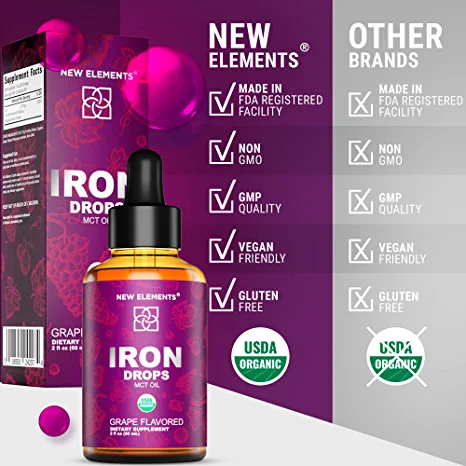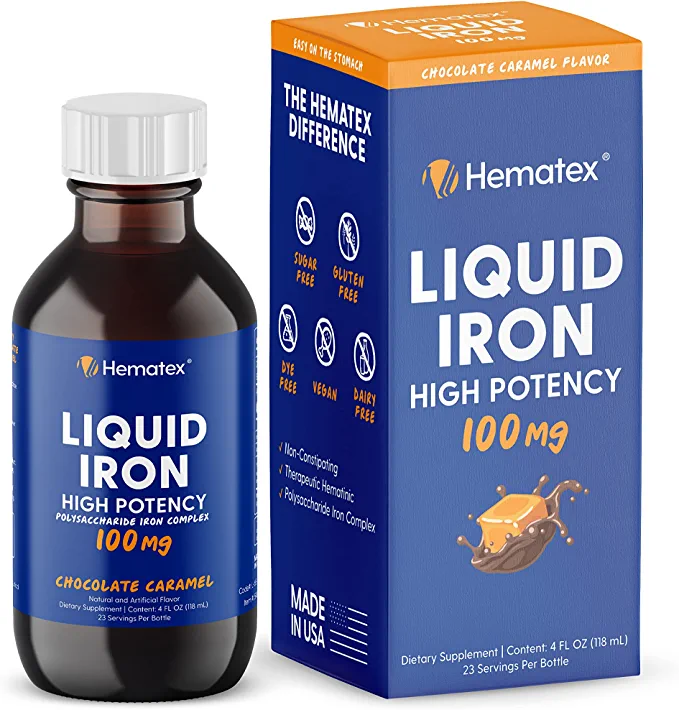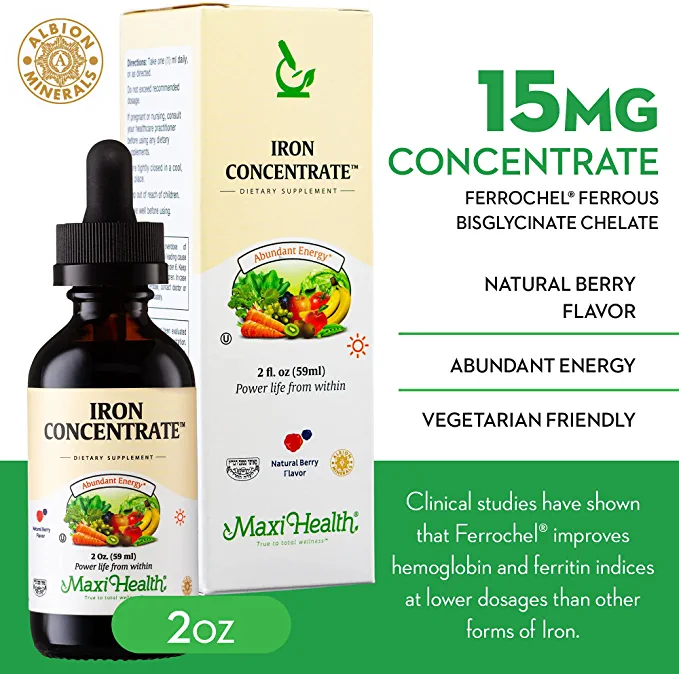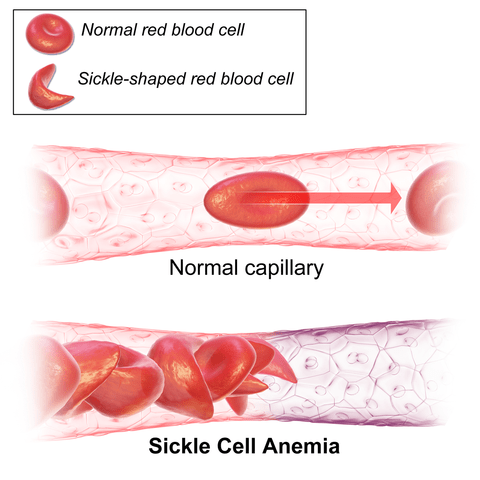Anemia is a common yet serious health condition caused by iron deficiency. This can lead to symptoms like fatigue, shortness of breath, and pale skin which can have a significant impact on your daily life. Fortunately, there are some simple yet effective ways to prevent anemia and boost your iron levels naturally.
In this article, we’ll explore the best dietary and lifestyle tips for achieving healthy iron levels and keeping anemia at bay.
What are the Causes of Anemia?
Iron is essential for our bodies to make hemoglobin, which carries oxygen in our blood. If we don’t have enough iron, we can develop anemia. Anemia is a blood disorder that happens when there aren’t enough healthy red blood cells to carry oxygen throughout the body.
There are many different causes of anemia, including:
- Blood loss: This can happen due to heavy menstrual periods, childbirth, surgery, traumatic injury, or even regular use of aspirin or other medications that can cause gastrointestinal bleeding.
- Poor dietary intake: Not getting enough iron-rich foods in your diet can lead to anemia. This is especially common in pregnant women and young children who have rapidly growing bodies and need lots of iron to support their growth. Other groups at risk for poor iron intake include vegetarians, people with gastrointestinal disorders that limit the absorption of nutrients from food, and those with chronic illnesses that result in inflammation or increased nutrient needs.
- Inadequate production of red blood cells: Some types of anemia are caused by problems with the bone marrow, where red blood cells are made. Conditions that can lead to inadequate production of red blood cells include autoimmune disorders like rheumatoid arthritis, certain infections like hepatitis C, and cancer, and treatments like chemotherapy.
Symptoms of Anemia
There are many different symptoms of anemia, and they can vary depending on the severity of the condition. The most common symptom is fatigue, which can be mild to severe.
Other symptoms include shortness of breath, pale skin, fast heartbeat, and dizziness.
If you experience any of these symptoms, it is important to see a doctor so that you can get a proper diagnosis and treatment.
How To Prevent Anemia
Iron is a mineral that is essential for our bodies to function. It helps to transport oxygen in the blood and plays a role in many other important processes.
Unfortunately, iron deficiency is a common problem, particularly among women. Anemia can cause fatigue, weakness, and other problems.
Fortunately, there are things you can do to prevent anemia and boost your iron levels. One of the best things you can do is to eat a diet that is rich in iron-containing foods.
Some good sources of iron include red meat, poultry, fish, legumes, dark leafy greens, and fortified cereals. You should also be sure to include foods that help your body absorb iron, such as vitamin C-rich foods.
In addition to eating a healthy diet, you can also take supplements if necessary:
 |  |  |
| Iron Supplement for Women & Men Free Blood Builder | Hematex Liquid Iron Supplement for Adults by Llorens Pharmaceutical | Maxi-Health Iron Supplement |
Note: This is not medical advice! Be sure to talk to your doctor before taking any supplements, as too much iron can be harmful.
If you are at risk for anemia or have symptoms of anemia, it is important to see your doctor for testing and treatment.
How to Get Tested for Anemia
If you think you may have anemia, it’s important to see your doctor and get a blood test to confirm the diagnosis. Anemia is diagnosed based on a low hemoglobin level in your blood. Hemoglobin is the protein in red blood cells that carries oxygen from your lungs to the rest of your body.
Your doctor will also look at your iron levels, as well as whether you have enough red blood cells. Low iron levels can cause anemia, but so can other conditions, such as bleeding or bone marrow problems. If you have anemia, your doctor will work with you to determine the cause and develop a treatment plan.




